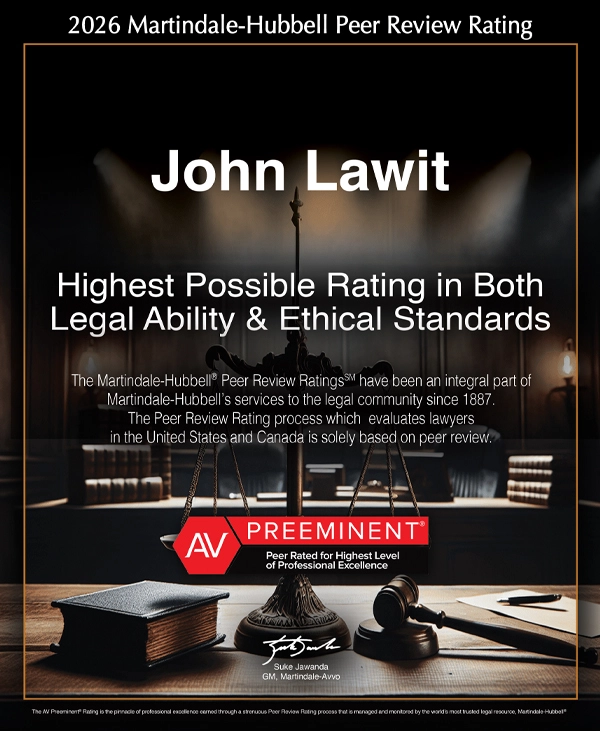Concerned about immigration issues following President Donald Trump's re-election? Click Here
 When a non-citizen is detained by immigration authorities and placed in removal proceedings, one of the first steps is often requesting a bond. A bond hearing allows the detained individual to argue for release while their immigration case proceeds. A Texas immigration lawyer can help you understand what to expect at a bond hearing in removal defense.
When a non-citizen is detained by immigration authorities and placed in removal proceedings, one of the first steps is often requesting a bond. A bond hearing allows the detained individual to argue for release while their immigration case proceeds. A Texas immigration lawyer can help you understand what to expect at a bond hearing in removal defense.
A bond is an amount of money set by a judge to allow for someone’s release while their immigration case moves forward. The bond ensures that the person shows up for future court dates instead of remaining jailed or in detention. Immigration judges have broad discretion in deciding bond amounts and eligibility. Factors considered include family ties, criminal history, flight risk potential, and danger to the community.
A bond hearing allows the detainee’s attorney to argue for their client’s release on bond. The immigration judge presides over the hearing. They hear arguments from both the detainee’s lawyer and government attorneys. The judge questions both sides before making a custody determination. If a bond is granted, a monetary amount is set. This allows the detainee to get out while fighting their removal case.
Bond hearings often start with government attorneys arguing why the detainee should remain in custody based on flight risk or danger concerns. Detainees’ lawyers counter by presenting evidence of community ties and good character. Supporting documents may include family member affidavits, evidence of steady employment and residence history, plus letters from teachers, employers, or friends. The attorney then argues these community ties mean the detainee will appear at future hearings and does not endanger public safety if released.
The immigration judge actively questions both sides using the evidence presented. They determine if the government met its burden of proof for continued detention or if the detainee showed they deserve a bond. An amount is set if the bond is granted. In some complex cases, judges take arguments under advisement and provide a custody decision in writing at a later date.
Preparing a strong case for bond is essential to securing a client’s release. Key steps include gathering documents showing family relationships, employment history, and community ties. The detainee’s immigration history and any prior entries to the U.S. should be reviewed. Affidavits from family and friends and evidence of rehabilitation from any past criminal history help show the detainee is not a risk if released. Consulting with the client is critical for understanding their full background before advancing bond arguments to the judge.
If a bond is granted, the immigration judge sets a monetary amount to be paid for release while fighting removal. The detainee or their sponsors must then secure funds to pay bond for discharge from detention. If a bond is denied, the judge determines continued custody is necessary, and the individual remains detained for now. There are options to appeal a bond denial, and legal teams discuss the best strategies after receiving the disappointing outcome.
If granted a bond, the detained individual coordinates with family members, friends, or a bond company to secure funds for payment to immigration authorities. Once the bond is paid, the removal defense continues without jailing the client. This process may seem overwhelming, but an Addison, TX immigration attorney can help. Call John W. Lawit, LLC at 214-609-2242 to get started.
